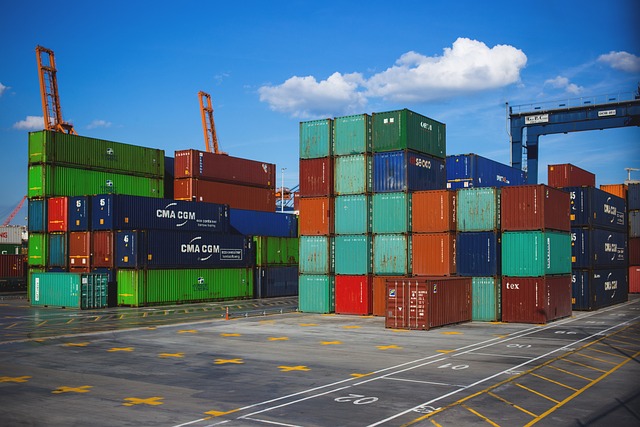Our Sectors of Focus
Some of the beneficiaries of renewable energy financing in African countries include the following types of businesses, and financing may be country-specific in some cases:
(a) Developers of mini-grids, that is, small privately-owned and operated systems with generators of up to 10 megawatts (MW) capacity and a network that distributes power to several customers.
(b) Independent power producers, that is, privately-owned entities that generate and sell electricity to utilities and/or end users.
(c) Producers and distributors of energy-efficient clean-cooking stoves, which utilize clean fuels such as ethanol and technologies, instead of polluting fuel or inefficient equipment. This covers fuel and stoves, as well as fuel only (biomass, biogas, LPG, etc.).
(d) Manufacturers and distributors of stand-alone solar systems (off-grid), that is, household solar systems providing basic energy, typically used for lighting purposes. Solar home systems also include solar panels, battery, lighting, and solar device charging facilities. Larger systems include TVs, fans, and direct current refrigerators.
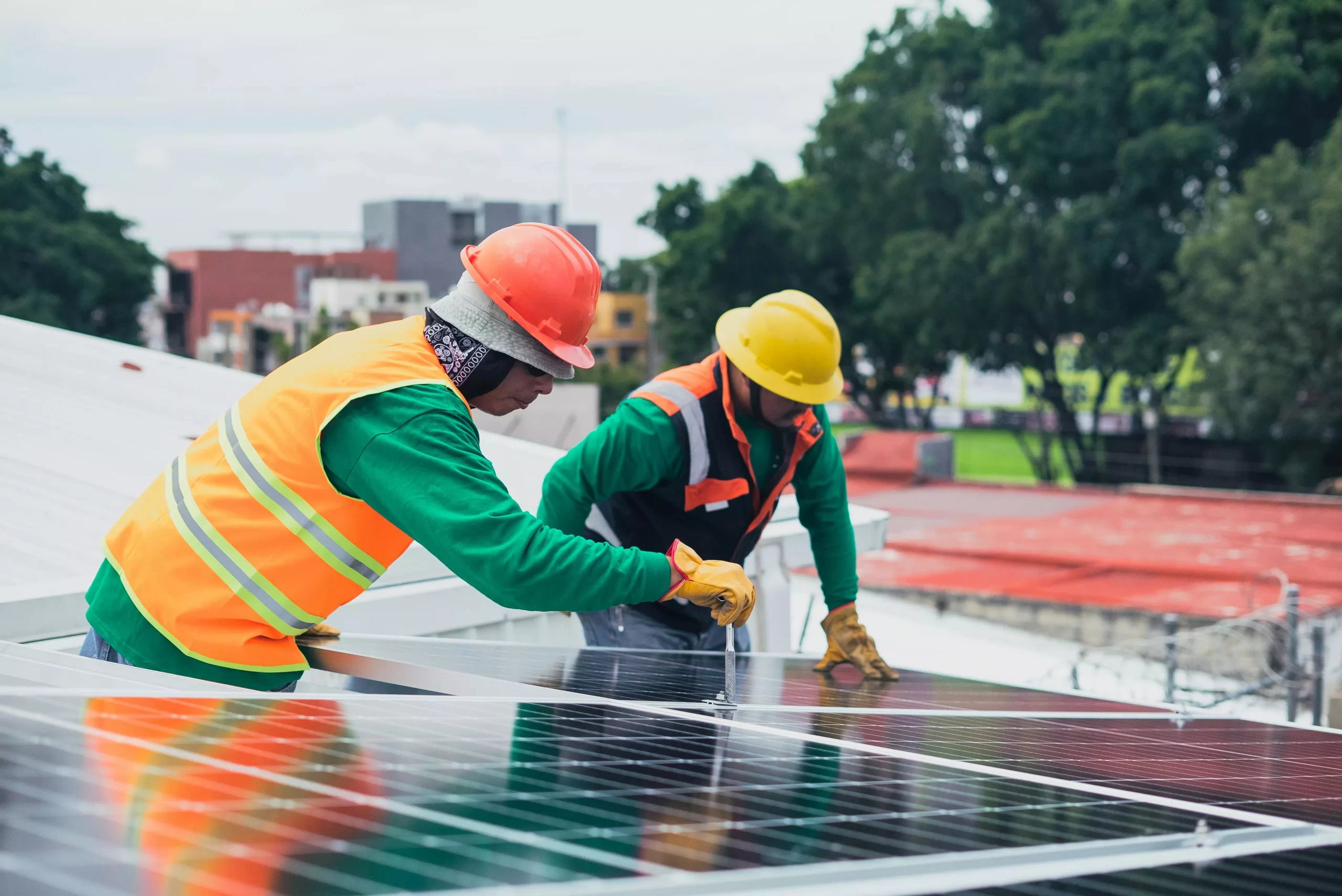
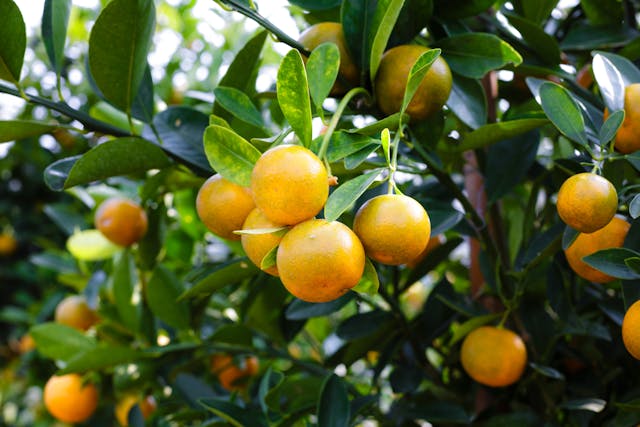
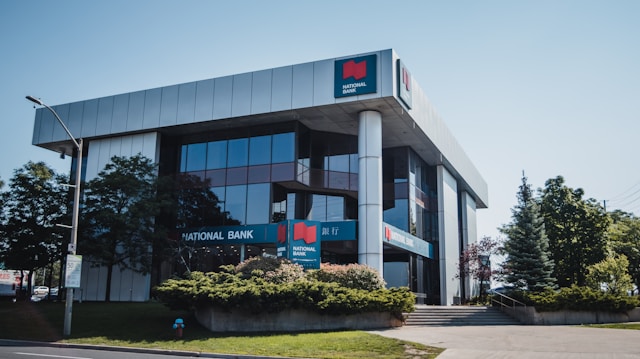
Our Sectors of Focus
Renewable Energy
Some of the beneficiaries of renewable energy financing in African countries include the following types of businesses, and financing may be country-specific in some cases:
(a) Developers of mini-grids, that is, small privately-owned and operated systems with generators of up to 10 megawatts (MW) capacity and a network that distributes power to several customers.
(b) Independent power producers, that is, privately-owned entities that generate and sell electricity to utilities and/or end users.
(c) Producers and distributors of energy-efficient clean-cooking stoves, which utilize clean fuels such as ethanol and technologies, instead of polluting fuel or inefficient equipment. This covers fuel and stoves, as well as fuel only (biomass, biogas, LPG, etc.).
(d) Manufacturers and distributors of stand-alone solar systems (off-grid), that is, household solar systems providing basic energy, typically used for lighting purposes. Solar home systems also include solar panels, battery, lighting, and solar device charging facilities. Larger systems include TVs, fans, and direct current refrigerators.

Agriculture and Agribusiness
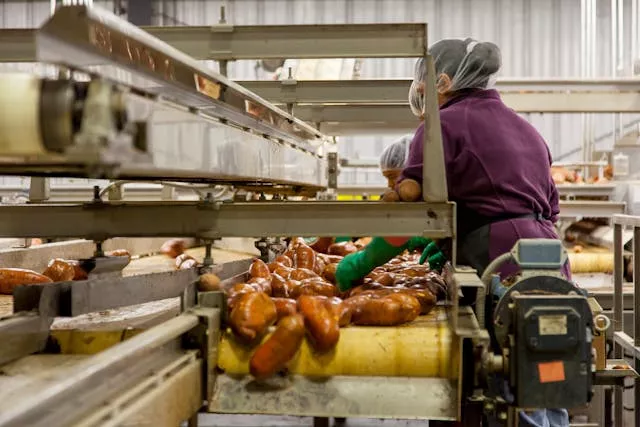
Financial Institutions
Trade Finance
Financing trade in Africa faces a significant “trade finance gap”, with institutions like the African Development Bank (AfDB) and the African Export-Import Bank (Afreximbank) actively working to bridge it through various programs and initiatives.
The Challenge: The Trade Finance Gap
High Demand, Low Supply
The demand for trade finance in Africa is substantial, but the availability of funding from international lenders often falls short—creating a significant gap.
Estimated Gap
The trade finance gap in Africa is estimated at around USD 81.8 billion annually.
Factors Contributing to the Gap
De-risking: Some international banks are reducing their involvement in African trade finance due to increased regulatory scrutiny and perceived higher risks.
Regulatory Issues: Stringent international standards such as Anti-Money Laundering (AML) and Know Your Customer (KYC) rules, along with rising compliance costs, make trade finance in Africa more complex and expensive.
Weak Credit Information Systems: The lack of robust credit information systems increases the perceived risk for lenders.
High Costs: Trade finance in Africa is expensive by international standards, particularly for small and medium-sized enterprises (SMEs).
Our Partnership
We have partnered with African Global Trade Finance (AGTF), an international non-bank financial institution headquartered in the United Kingdom, to provide short-term loans of up to $2 million for up to 180 days.
These loans are available to qualified importers and exporters of agricultural products, non-perishables, and other finished goods from Sub-Saharan Africa, in an effort to alleviate the financing challenges they face.
Types of Financing Available
The types of financing available depend on the applicant’s country in Sub-Saharan Africa. Not all applicants will qualify for every option. Available trade finance solutions include:
Pre-shipment Finance
Post-shipment Finance
Import Finance
Storage Finance
Receivables/Discounting Finance
